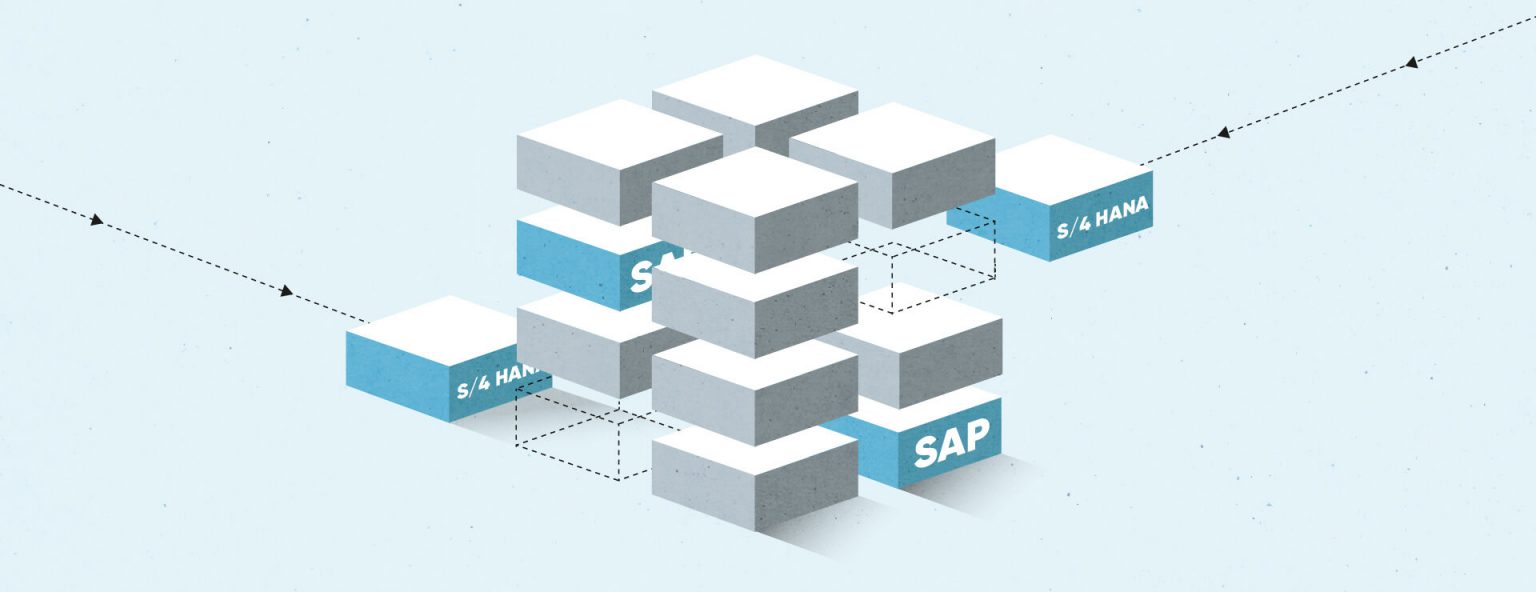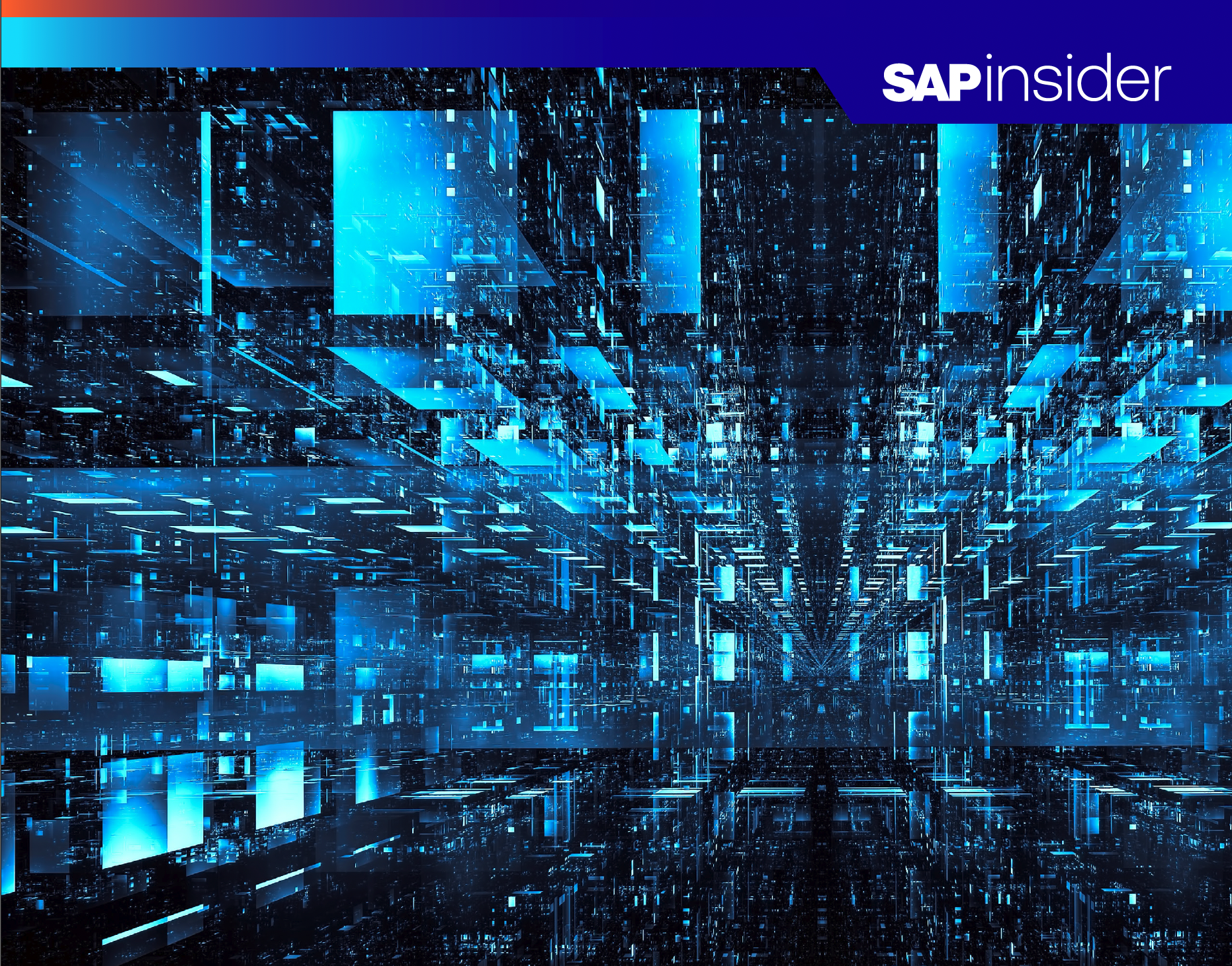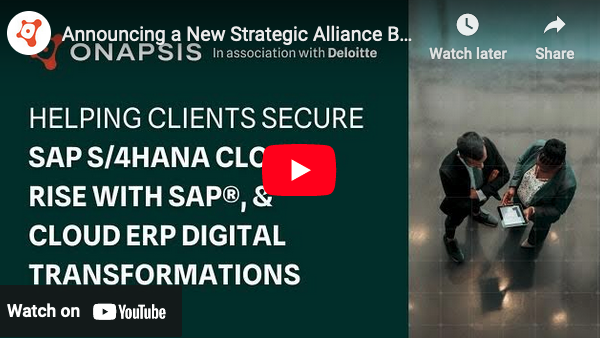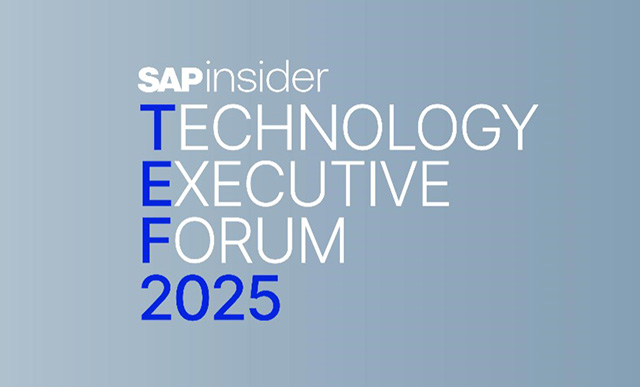SAP Expands Sovereign Cloud Footprint, Brings AI to EU’s Public Sector
Meet the Authors
Key Takeaways
SAP expands its sovereign cloud services with a new data center in France, addressing data sovereignty concerns and providing a compliant path for European organizations to adopt cloud ERP and generative AI.
The new offering ensures customer data is stored and processed within France by EU-based personnel, enhancing trust and compliance with regulations like GDPR, thus encouraging AI adoption in the public sector.
SAP's end-to-end managed solution presents a unique advantage over hyperscalers, compelling organizations to reassess their cloud architecture for sensitive workloads while simplifying compliance and vendor management.
SAP has expanded its sovereign cloud services with a new data center region in France. The company noted on September 2 that the initiative is designed to give public sector, healthcare, and other critical infrastructure clients in Europe’s highly regulated environment a compliant path to adopt cloud ERP and, more significantly, generative AI.
Compliant Data Storage
The expansion addresses the pressing data sovereignty concerns that have shadowed European cloud adoption, as regulations like GDPR and the fallout from Schrems II have created a complex legal landscape. With this move, SAP aims to encourage many organizations that have been hesitant to move their sensitive workloads and data to hyperscaler-owned clouds.
This new offering, operated by a local French partner, ensures that customer data for solutions like SAP S/4HANA Cloud is stored and processed exclusively within France by EU-based personnel. This physically and legally cordons off the data, providing a crucial assurance of digital sovereignty.
Explore related questions
Enabling SAP Business AI
Moreover, the expansion also enables access to SAP’s Business AI and Joule Copilot within this secure environment. For many European public sector CIOs, leveraging generative AI has seemed like a distant goal, and the hesitancy to adopt it stems from data privacy risks. However, by embedding its AI capabilities within the sovereign cloud, SAP is effectively removing that roadblock. This allows clients to explore AI-driven process optimization and analytics without their data ever crossing borders or falling under the purview of non-EU legislation.
According to Thomas Saueressig, Member of the Executive Board of SAP SE, Customer Services & Delivery, “Europe’s leadership in the next era of digital innovation—especially in AI—will depend on how effectively we apply AI to solve differentiated industry use cases.”
He added, “With our expanded SAP Sovereign Cloud offering, SAP is unlocking access to the full spectrum of cloud innovations and AI capabilities for all markets and industries—including the public sector and regulated environments—while ensuring these advancements are delivered in a sovereign framework and on customers’ own terms.”
Lastly, the move signals SAP’s awareness of the European market’s unique regulatory pressures. It is leading with trust and compliance, betting that for many European organizations, where their data lives is just as important as what they can do with it. This deepens SAP’s competitive moat in the region, offering a tailored solution that global hyperscalers may struggle to replicate with the same level of assurance.
What This Means for SAPinsiders
SAP’s move is an encouraging sign for AI adoption in the European public sector. Data sovereignty has been the biggest hurdle to adopting powerful AI tools like Joule in the European public sector and regulated industries. However, SAP’s latest announcement assures these sectors that the data will remain within the EU’s sovereign borders. For SAPinsiders in the EU region, this means it is time to move from a defensive compliance posture to a robust innovation strategy. Proactively build the business case for using SAP Business AI to tackle real-world problems. Start identifying three to five specific use cases, like optimizing public procurement processes, improving citizen service request handling, or generating insights from healthcare data that were previously considered too risky, as the technology and the compliance framework are now aligned.
The role of a digital sovereignty expert is now highly valued. SAP’s announcement cements digital sovereignty as a core pillar of enterprise architecture in Europe. Thus, understanding the technical specifics of SAP’s offering is now a critical and marketable skill. This goes beyond typical Basis or BTP administration. SAPinsiders in Europe must upskill immediately to become the bridge between the legal/compliance teams and the IT department. Focus on understanding the nuances of SAP’s sovereign cloud contracts, service level agreements (SLAs), and data processing agreements. Professionals who can confidently explain how this architecture satisfies GDPR, Schrems II, and specific national data laws will become indispensable advisors.
The SAP-on-hyperscaler decision will be more complicated. While hyperscalers such as Azure, AWS, or Google offer their own sovereign solutions, SAP’s latest announcement presents an end-to-end, fully managed SAP sovereign stack. This means SAP S/4HANA Cloud, SAP BTP, and its AI services are all contained within a single, contractually guaranteed sovereign environment managed by SAP and its designated local partner. SAPinsiders must re-evaluate their cloud architecture for any net-new or sensitive workloads. For example, for a German healthcare provider or a French ministry, running the entire SAP landscape in SAP’s own sovereign cloud could simplify vendor management, security audits, and compliance reporting compared to managing an SAP application layer on top of a separate hyperscaler IaaS layer.








